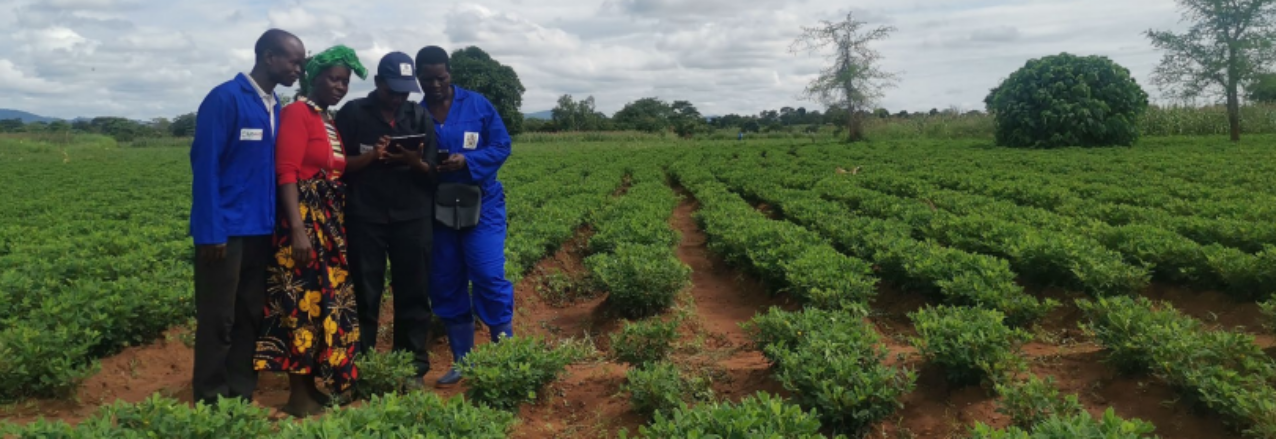INTEGRATED LAND AND RESOURCE GOVERNANCE TASK ORDER UNDER THE STRENGTHENING TENURE AND RESOURCE RIGHTS II (STARR II) IDIQ
Introduction
The Integrated Land and Resource Governance (ILRG) task order under the Strengthening Tenure and Resource Rights II (STARR II) Indefinite Delivery/Indefinite Quantity (IDIQ) contract provides support to the United States Agency for International Development’s (USAID) Land and Resource Governance (LRG) Team under the Development, Democracy, and Innovation Bureau’s Environment, Energy, and Infrastructure (EEI) Center. ILRG implements interventions in USAID countries, providing technical assistance to improve land and resource governance, strengthen property rights, and build resilient livelihoods as the foundation for stability, resilience, and economic growth. The task order has four primary objectives: 1) to increase inclusive economic growth, resilience, and food security; 2) to provide a foundation for sustainable natural resource management and biodiversity conservation; 3) to promote good governance, conflict mitigation, and disaster mitigation and relief; and 4) to empower women and other vulnerable populations.
To achieve this, the task order works through four interrelated components with diverse stakeholders:
- Component 1: Support the development of inclusive land and property rights laws and policies;
- Component 2: Assist law and policy implementation, including clarifying, documenting, registering, and administering rights to land and resources;
- Component 3: Support the capacity of local institutions to administer and secure equitable land and resource governance; and
- Component 4: Facilitate responsible land-based investment that creates optimized outcomes for communities, investors, and the public.
The ILRG contract has two mechanisms for providing support on land and natural resource governance: term activities and completion activities. Activities currently pursued include: 1) support around USAID’s Policy on Promoting the Rights of Indigenous Peoples; 2) support to deforestation-free cocoa in Ghana through the creation of a sustainably financed farm rehabilitation and land tenure strengthening model; 3) collaboration with PepsiCo on gender and women’s empowerment within the potato value chain in West Bengal, India; 4) a land tenure and property rights assessment in Indonesia; 6) a deep dive in Colombia with the Global Property Rights Index (Prindex); 5) support for completion of community land protection program activities in Liberia; 6) activities related to the Women’s Economic Empowerment (WEE) Fund in Ghana, India, Liberia, Malawi, Mozambique, and Zambia; 7) support to the Public-Private Alliance for Responsible Minerals (PPA); 8) engagement in Madagascar with the Climate Resilient Cocoa Landscape Program; 9) investigation of conflict financing, due diligence and socioeconomic dynamics in the artisanal mining supply chains in Democratic Republic of Congo (DRC); 10) multiple activities in Mozambique including clarification of rights to land and resources related to responsible land-based investment, as well as disaster response work in Sofala Province; 11) in Zambia support to land policy, customary land administration, and service delivery, as well as community-based natural resource governance around protected areas; and 12) various research and analysis in support of sustainable landscapes.
ILRG was awarded on July 27, 2018, with a three-year base period and two one-year option periods; both option years were exercised in August 2020


